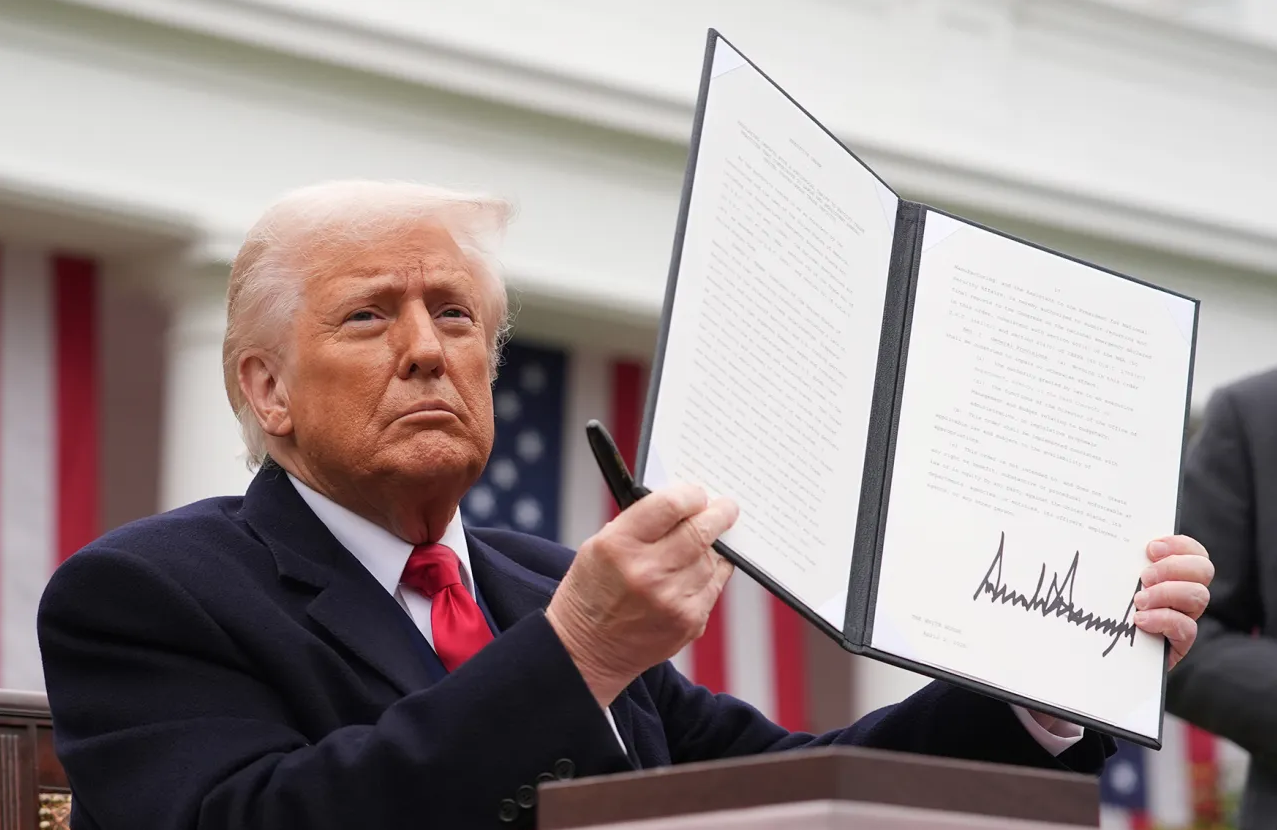The government says United States (US) president Donald Trump’s decision to slap a 21% tarrif duty on Namibian imports could disrupt established supply chains, negatively affect export earnings, and impact the stability of its products on the global market.
The government says the tariffs, which have sent markets tumbling worldwide, could override the African Growth and Opportunity Act (Agoa).
The act was approved by the US Congress in May 2000 to provide eligible sub-Saharan African countries duty-free access to the US market for over 1 800 products.
This is in addition to the more than 5 000 products eligible for duty-free access under the Generalised System of Preferences programme.
Namibia exports dates, blueberries and charcoal to the US market.
Executive director of international relations and trade Penda Naanda in a statement on Friday said Namibia has taken note of the new tariffs.
“The move by the US administration has created turbulence in global trade, which undermines the commitment under Agoa, a non-reciprocal agreement designed to support developing countries and the least developed countries in Africa by leveraging
preferential access to US markets.
“Unfortunately, this measure could result in unfair market conditions for Namibian products to compete fairly within the US market,“ he says.
Naanda says these duties are not based on the ‘most favoured nation’ (MFN) principle, but on the US trade deficit.
“Consequently, the implementation of reciprocal tariffs by the USA, as outlined in the 2 April 2025 White House statement,
could potentially supersede existing trade agreements, including the African Growth and Opportunity Act, and significantly impact trade flows,” he says.
He says while Namibia’s 42% tariff on the US may be a contributing factor, it is important to note that not all goods from the US attract customs duties as per the Southern African Customs Union (Sacu) tariff structure.
“In terms of the Sacu agreement, the council will, on the recommendation of the Tariff Board, approve customs duties to be applied to goods imported into the common customs area from outside that area.
“Therefore, this action requires a balanced approach from Sacu member states, including Namibia, to find a workable solution based on reciprocity,” Naanda says.
He says a stakeholder engagement is necessary to gauge and establish the extent of the US tariffs’ effects.
“In addition, the ministry would explore several strategies to mitigate the impact . . . It is also worth noting that the imposition of tariffs could lead to decreased competitiveness of Namibian beef and fish exports in the US market, potentially reducing sales volume and demand for Namibian products due to price increases attributed to the tariff.”
Stay informed with The Namibian – your source for credible journalism. Get in-depth reporting and opinions for
only N$85 a month. Invest in journalism, invest in democracy –
Subscribe Now!










